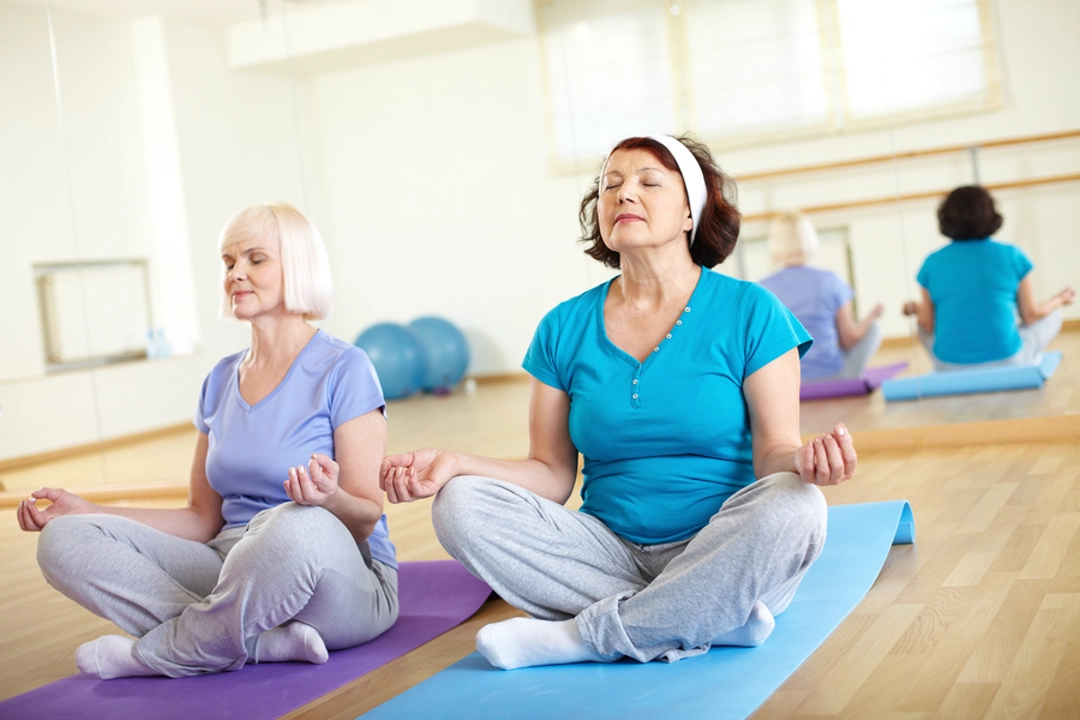Relaxation: Simple steps to sleep better and feel calmer
Feeling wired at night or flat-out exhausted during the day? Relaxation isn’t a luxury — it’s a skill you can learn. Small changes to your routine can lower stress, help you fall asleep faster, and improve how rested you feel. Below are clear, practical steps you can start using tonight.
Quick, science-backed relaxation tools
Try the 4-7-8 breathing method: inhale 4 seconds, hold 7, exhale 8. Do this 4–6 times and notice your heart rate drop. Combine it with progressive muscle relaxation: tense a muscle group for 5 seconds, then release, moving from toes to head. Both techniques take under 10 minutes and work anywhere.
Create a short pre-sleep routine you actually follow. Example: dim lights, turn off screens 30–60 minutes before bed, wash your face or take a warm shower, then do 5 minutes of light stretching and 5 minutes of breathwork. Consistency matters more than length — a 20-minute ritual every night beats a long routine you skip.
Mind your sleep environment. Lower room temperature, block light, and use a quiet fan or white noise if outside sounds wake you. Keep caffeine out after early afternoon and avoid heavy meals within two hours of bedtime. Small environmental shifts often deliver the biggest improvements.
When to consider supplements or medication
Some people find low-risk supplements helpful. Glycine, an amino acid, is often taken before bed and has shown benefits for sleep quality in research; common doses used in studies are around 3 grams. Magnesium and melatonin can also help, but results vary and they aren’t magic fixes. Always check with your doctor before starting anything new, especially if you take prescription meds.
Certain medications can affect sleep. For example, some people report insomnia while on ribavirin or changes in sleep with statins. Amitriptyline is sometimes used off-label for insomnia, but it has side effects and isn’t right for everyone. If a medicine seems to be messing with your sleep, talk to the prescriber — don’t stop it suddenly.
If stress feels overwhelming, try short cognitive tools: name one worry, choose one action you can take about it tomorrow, then set a 10-minute worry period earlier in the day. That reduces night-time rumination. If anxiety or sleep problems last more than a few weeks or hurt your daily life, see a healthcare professional for tailored help.
Want deeper reading? Our site has practical articles on sleep-friendly supplements like glycine, medication-related sleep issues, and safe ways to buy meds online. Use those pieces to learn specifics and discuss options with your provider.
Start small tonight: try the breathing exercise, dim the lights, and keep the routine to 20 minutes. If that helps, build from there. Relaxation is a habit — one small win adds up fast.

Menopause and Yoga: Poses for Balance and Relaxation
As a woman entering the menopause stage, I've found that yoga is incredibly helpful in managing symptoms and maintaining balance. In particular, I've discovered a few poses that promote relaxation and help me feel more grounded. One of my favorites is the "Child's Pose", which gently stretches the lower back and hips, while also encouraging deep breathing. Another great one is the "Bridge Pose", which strengthens the pelvic floor and can alleviate hot flashes. Incorporating these poses into my daily routine has been a game-changer, helping me to navigate this natural life transition with greater ease and serenity.
